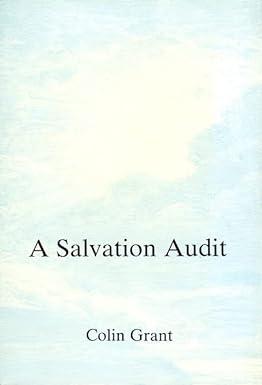Question
1) An entity is most likely to initially account for an asset retirement obligation (ARO) by: a. Recognizing the fair value of the liability using
1) An entity is most likely to initially account for an asset retirement obligation (ARO) by:
a. Recognizing the fair value of the liability using an expected present value technique
b. Recognizing a liability equal to the sum of the net undiscounted future cash flows associated with the ARO
c. Decreasing the carrying amount of the related long-lived asset
d. Decreasing the liability for the ARO to reflect the interest expense
2) On November 1, 2018, Mason Corp. sold $800,000 of its ten-year, 8% term bonds dated October 1, 2018. The bonds were sold to yield 10%, with total proceeds of $700,000 plus accrued interest. Interest is paid every April 1 and October 1.
What amount should Mason report for interest payable in its December 31, 2018 balance sheet?
a. $17,500
b. $16,000
c. $11,667
d. $10,667
e. $20,000
3) Puppy Company includes one coupon in each bag of dog food it sells. In return for 3 coupons, customers receive a toy dog that the company purchases for $1.20 each. Puppy Company's experience indicates that 50% of the coupons will be redeemed. Information for 2012 is as follows:
Bags of Dog Food Sold: 100,000
Toys Purchased: 12,000
Coupons Redeemed: 30,000 The amount of estimated liability for premiums on the 12/31/12 balance sheet is:
a. $6,000
b. $8,000
c. $18,000
d. $35,000
e. $48,000
Step by Step Solution
There are 3 Steps involved in it
Step: 1

Get Instant Access to Expert-Tailored Solutions
See step-by-step solutions with expert insights and AI powered tools for academic success
Step: 2

Step: 3

Ace Your Homework with AI
Get the answers you need in no time with our AI-driven, step-by-step assistance
Get Started


